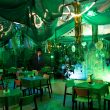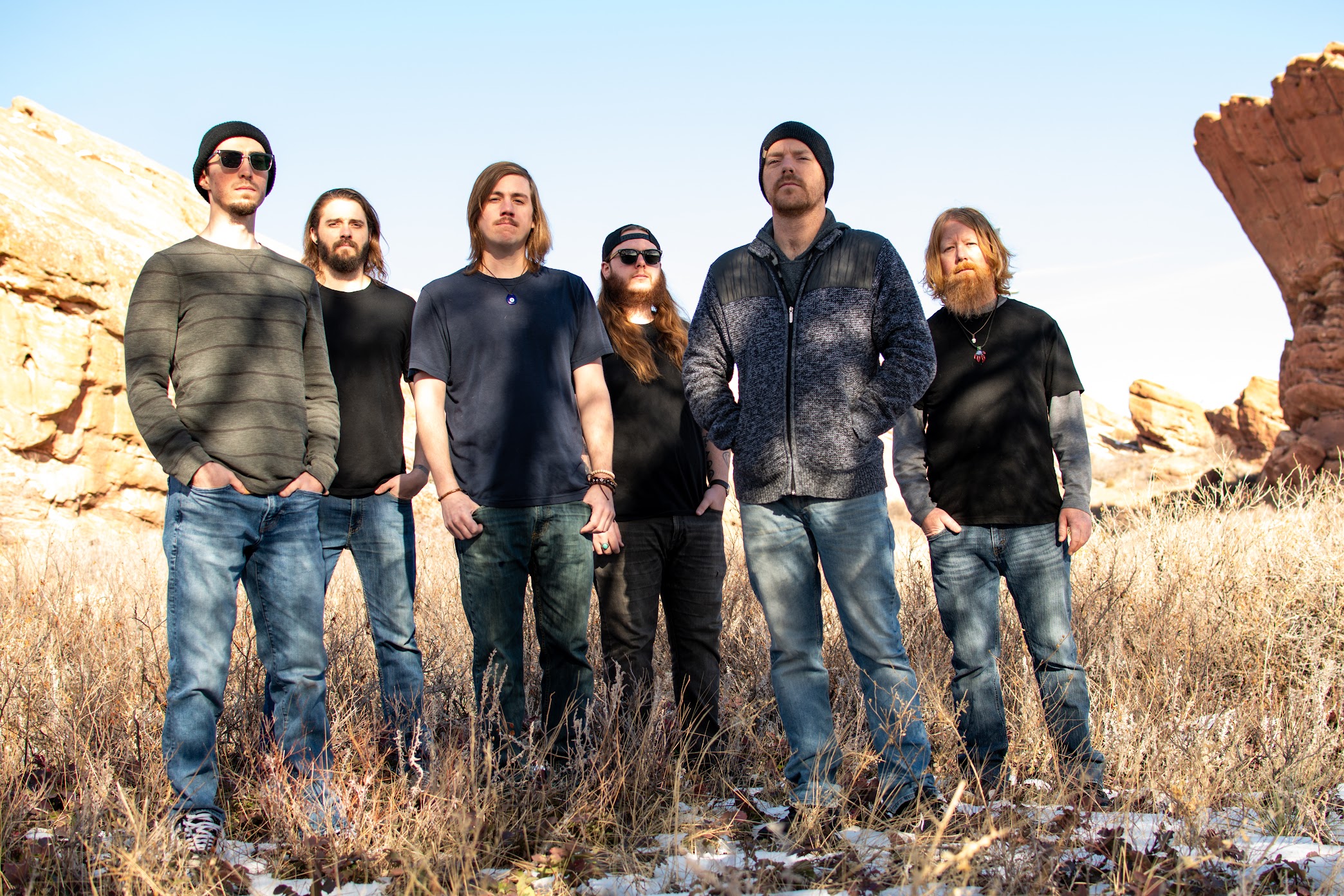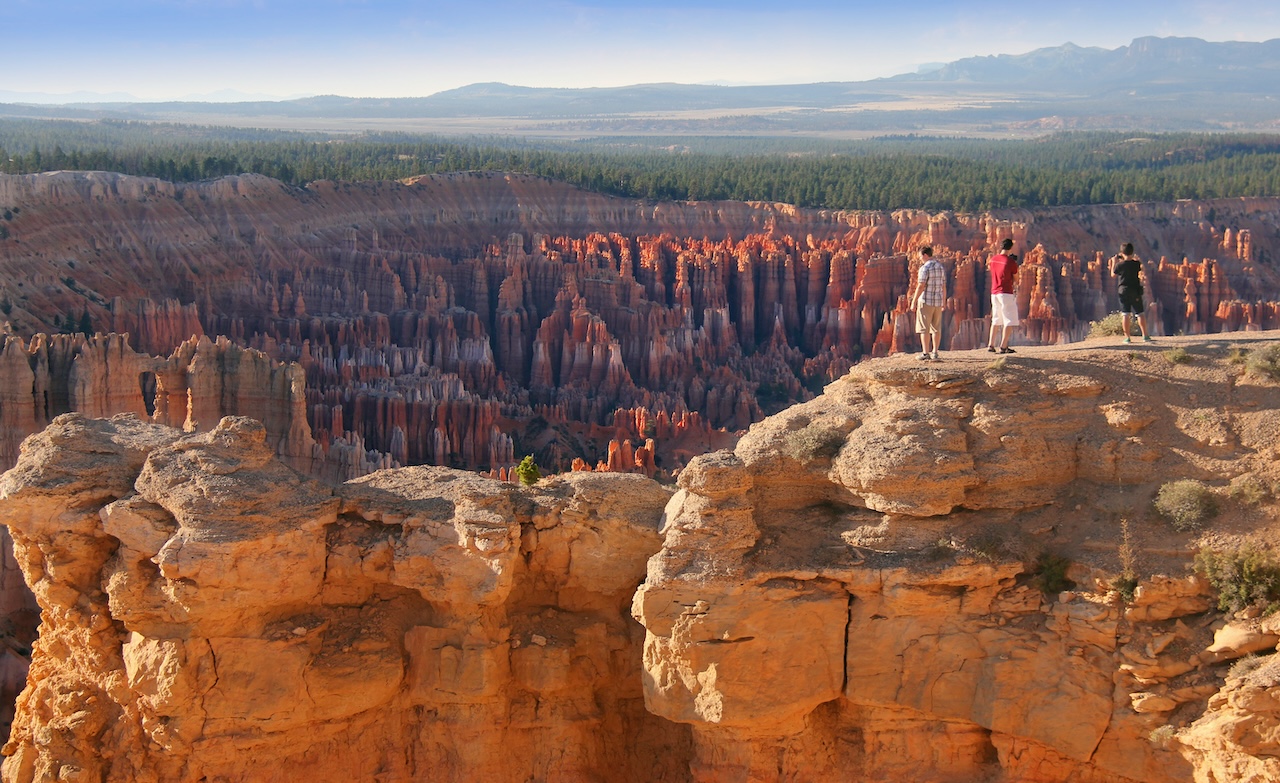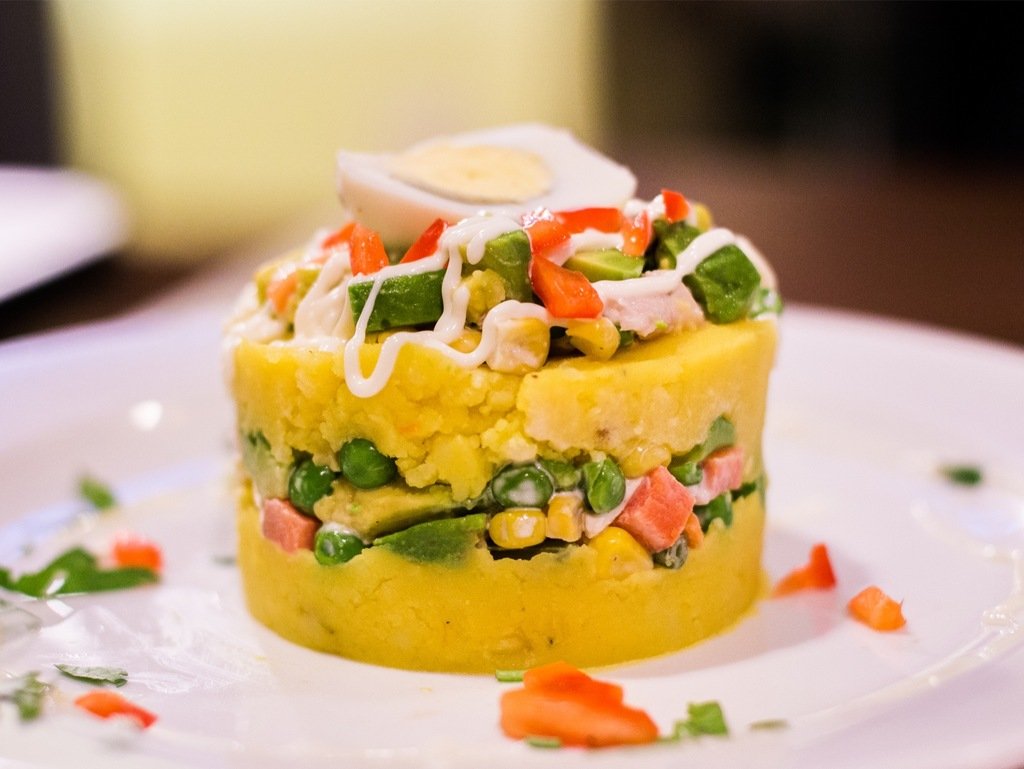What: Los Cabos II, Puro Peru
Where: 1525 Champa Street
Pros: This is the only place in Denver where you can find an array of authentic Peruvian foods. The daily buffet offers a nice sampling for those new to the cuisine, but don’t miss the ceviche, or lesser known favorites like lomo saltado or the aji de gallina. And save room for dessert—the house-made lucuma ice cream and alfajores are out-of-this-world.
Cons: The restaurant space is rather dark and hallway-like without much natural light. On the bright side, there are plenty of cozy booths and free parking is offered outside.
Los Cabos II is Denver’s oldest and most authentic Peruvian restaurant.
Living in Denver, a city with no shortage of Mexican restaurants, it would be all too easy to see the name Los Cabos II and pass it over, thinking it just another spot serving all-you-can-eat tortilla chips and combo plates. But you would be missing out on a hidden gem. Despite the name, Los Cabos II is Denver’s oldest and most authentic Peruvian restaurant.

The original Los Cabos opened up twenty five years ago on 32nd and Clay. After a few different moves, the restaurant has found its home off of the 16th street mall at its current location. Walking in, you feel as though you’ve stepped off the bustling strip of the mall to a peaceful, quiet respite. The space itself is rather dark and cavernous, almost like a long hallway and devoid of much natural light. No matter. Owners Francesca and Hernan Ruiz have managed to brighten up the space with plenty of Peruvian folk art, playful replicas of Peru’s more exotic fruits and vegetables (they actually come in handy if you’re unsure of what an ingredient is), not to mention the bright flavors of the authentic Peruvian food.
When Los Cabos began so many years ago, Francesca Ruiz, who is originally from Lima, recalls that the menu consisted of mostly Mexican favorites with just a few Peruvian dishes thrown in to get people familiarized. Over a glass of chicha morada, a sweet, spiced drink made with Peruvian purple corn, she explained the restaurant’s name. “We chose the name – Los Cabos – after the Mexican city, because at that time no one knew about Peruvian food. So we chose Los Cabos to communicate that we serve seafood.” Over time the concept evolved. As it became easier for Ruiz to import Peruvian ingredients, people also began to take more of an interest in global cuisine, including that of Peru. Gradually the menu at Los Cabos has become purely Peruvian, without a Mexican dish in sight.

And the food of Peru is truly something worth celebrating. With influences from the Spanish, Africans and Cantonese Chinese, as well as the fruits and vegetables (over 3000 types of potatoes!) unique to Peru, not to mention the emphasis on Pacific seafood, Peruvian food definitely deserves a spot in the limelight. Los Cabos II offers plenty of Peruvian beverages as well—a tart pisco sour, made with the country’s famous brandy, or a glass of beloved Inca Kola, both of which pair well with the vibrant food.
On a recent sampling at Los Cabos II, we started with Peru’s best-known dish—ceviche. Ruiz brought out two variations. The first, ceviche mixto, a classic seafood ceviche, combined tender shrimp with toothsome octopus and tender tilapia. The flavors of lime, cilantro and red onion, along with the piquant touch of aji, (the yellow Peruvian chile pepper that makes its way into just about everything) lifted the dish. While I found it just a touch under-salted, I would gladly eat this plate for a light lunch any day. The fresh seafood combined with the citrusy, bright flavors is addictive. I also sampled the mushroom ceviche, a tasty take on the dish that Ruiz created for vegetarians. Make sure to stop by on a Sundays, when the buffet boasts four different types of ceviche. Served alongside the ceviche, or course, is a thick slice of sweet potato. Ruiz explained that Peruvians typically eat potato with ceviche as a more filling, starchy counterpoint to all the lightness.
“We make everything from scratch because we want to give people the best Peruvian food.”
Potatoes are definitely a hallmark of Peruvian cuisine, as seen in the causa salad, a national dish. This is potato salad, Peruvian style–a gorgeously layered combination of yellow potatoes, chicken, finely diced vegetables, and avocado drizzled with a little bit of mayonnaise. Another potato starter includes the traditional Peruvian dish, papa a la huancaina. “Every single house in Peru makes papa a la huancaina,” Ruiz explained. This homey dish, consisting of soft cooked potatoes topped with a creamy, bright yellow sauce of feta cheese, aji, and turmeric, is comforting and tastes of love and tradition. It’s nice to know that Ruiz didn’t try to make this unassuming dish fancier, because it’s delicious as is.

The aji de gallina is another example of Peruvian comfort food. Shredded chicken, and of course, potatoes, are bathed in a creamy parmesan-aji sauce, flanked with rice “cooked like a grandmother would,” says Ruiz. The sauce tastes both immediately familiar and exotic at the same time. The light buzz of the aji chile keeps the dish balanced and from tasting too rich.
My favorite dish of the day, however, was the lomo saltado—a Cantonese influenced stir-fry of beef, tomatoes, onions and peppers, served on a bed of hot French fries. There was a sweet-salty-tangy flavor to the tender beef, the juices dripping down onto the french fries. A side of Ruiz’s ‘green sauce’, a chimichurri-like condiment of cilantro and jalapeno she developed years ago when she could not yet import aji chiles (regulars have never let her take the sauce of the menu) was the perfect accompaniment to the richness of the beef.
While I was tempted to skip dessert after the lomo saltado, I was glad I didn’t. One bite of the lucuma ice cream, and I found myself wishing that Ruiz would sell it by the pint. Never had lucuma before? This small South American fruit has a silky, pale orange flesh and a flavor something like maple syrup and sweet potatoes. I first tasted it in ice cream when I lived in Chile, and I was delighted to see it on the menu at Los Cabos II. Ruiz actually imports the lucuma fruit from Peru to make the ice cream in-house, and it is absolutely delicious. The alfajores, those little shortbread cookies sandwiched together with dulce de leche, are also made in-house. Get both for a dessert experience to remember.
Ruiz was certainly the pioneer of Peruvian food in Denver, opening Los Cabos II at a time when most people still thought Peru was a part of Mexico. It looks like her diligence paid off, however. About ten years ago when Peru was first touted as a top tourist destination, interest in the country and its cuisine skyrocketed. Denver is now home to a Peruvian consulate and a Peruvian population of a few thousand. Ruiz now easily imports all of the aji chiles, purple corn, and pisco she needs to stock her restaurant. Most importantly, she doesn’t have to explain where Peru is on a map anymore. Whether you stop by for the international buffet, a happy hour pico sour, or a colorful dinner with friends, Los Cabos II delivers the taste of puro Peru right in Denver.
All photography by Camille Breslin.





